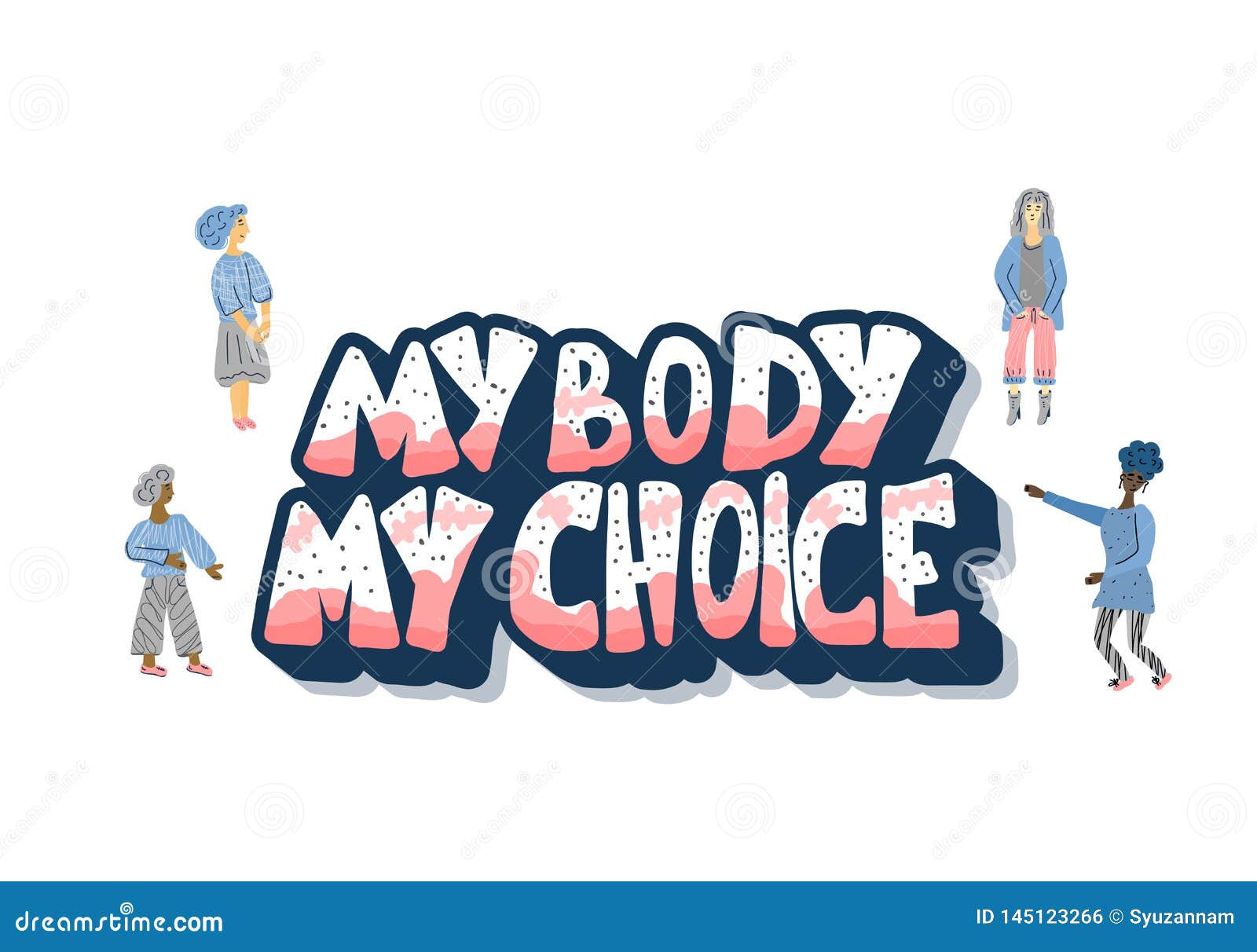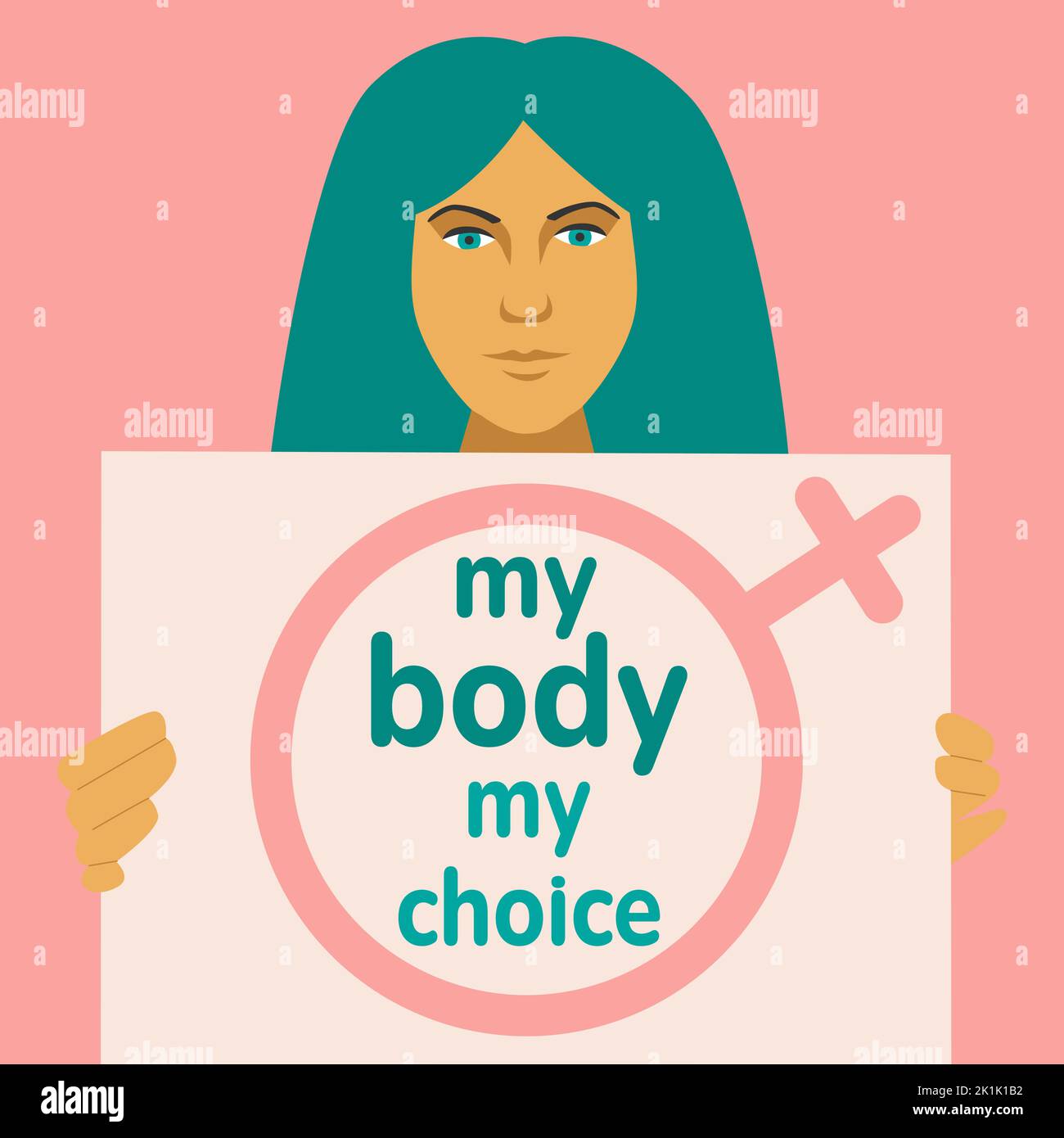Protecting Your Body, Protecting Your Rights: The Ultimate Guide to Women's Reproductive Rights Websites
As a woman, you have the right to make choices about your own body and health. This includes accessing safe and legal reproductive healthcare services, free from judgment or coercion. However, despite decades of progress, women's reproductive rights remain under threat in many parts of the world. This is why it's more important than ever to have access to reliable and trustworthy resources that provide information and support on women's reproductive health.
In this guide, we'll explore the world of women's reproductive rights websites, highlighting the best resources for accessing information, finding local healthcare services, and connecting with others who share your concerns. We'll also delve into the importance of reproductive autonomy, the challenges faced by women seeking reproductive healthcare, and the ways in which governments and institutions can work to support and protect women's reproductive rights.
Understanding Reproductive Autonomy
Reproductive autonomy is the fundamental right of individuals to make decisions about their own bodies, including the decision to have an abortion, use contraception, or carry a pregnancy to term. This right is essential for women's health, well-being, and equality. However, reproductive autonomy is often threatened by restrictive laws, policies, and social norms that limit access to reproductive healthcare services.
The Challenges Faced by Women Seeking Reproductive Healthcare
Women who seek reproductive healthcare often face significant barriers, including:
- Lack of access to healthcare services: Many women in low-income or rural communities lack access to reproductive healthcare services, including abortion, contraception, and prenatal care.
- Restrictive laws and policies: Women's reproductive rights are often restricted by laws and policies that impose unnecessary barriers to access, such as waiting periods or parental consent requirements.
- Social stigma and shame: Women may face social stigma and shame when seeking reproductive healthcare, particularly if they are single, young, or minority women.
- Economic constraints: Reproductive healthcare services can be expensive, making it difficult for women to access care without compromising their financial stability.
Finding Reliable and Trustworthy Resources
In order to navigate the complex landscape of women's reproductive rights, it's essential to have access to reliable and trustworthy resources. Here are some of the best resources for accessing information and finding local healthcare services:
- Planned Parenthood: A leading provider of reproductive healthcare services, including abortion, contraception, and prenatal care.
- The Guttmacher Institute: A non-profit organization that provides research, data, and policy analysis on reproductive health and rights.
- The American College of Obstetricians and Gynecologists (ACOG): A professional organization that provides information and resources on women's reproductive health and healthcare services.
- Local health departments: Many local health departments provide information and resources on reproductive healthcare services, including birth control and abortion.
Connecting with Others Who Share Your Concerns
Women's reproductive rights are not just a personal issue; they are also a social and economic issue. Connecting with others who share your concerns can provide valuable support, education, and advocacy. Here are some ways to connect with others who share your concerns:
- Join online communities: Join online forums and social media groups to connect with other women who share your concerns about reproductive rights.
- Attend local events: Attend local events, such as rallies and town halls, to connect with others who are advocating for reproductive rights.
- Volunteer with reproductive rights organizations: Many reproductive rights organizations rely on volunteers to help with advocacy, education, and community outreach.
- Take action: Take action to support reproductive rights, such as contacting your elected officials, signing petitions, or participating in peaceful protests.
Government Policies and Reproductive Rights
Government policies play a critical role in shaping reproductive rights. In order to protect and promote women's reproductive rights, governments must prioritize policies that support access to reproductive healthcare services. Here are some key policies to support reproductive rights:
- Access to abortion: Governments should prioritize policies that ensure access to safe and legal abortion services.
- Contraception: Governments should prioritize policies that support access to effective and affordable contraception.
- Prenatal care: Governments should prioritize policies that support access to comprehensive prenatal care and maternal healthcare services.
- Education and advocacy: Governments should prioritize policies that support education and advocacy on reproductive health and rights.
Conclusion
Women's reproductive rights are a fundamental human right. Access to reproductive healthcare services, including abortion, contraception, and prenatal care, is essential for women's health, well-being, and equality. However, reproductive rights are often threatened by restrictive laws, policies, and social norms. By connecting with others who share your concerns, taking action to support reproductive rights, and advocating for policies that prioritize access to reproductive healthcare services, we can work towards a future where every woman has the right to make choices about her own body and health.
Additional Resources:
- National Abortion Federation (NAF): A non-profit organization that provides information and resources on abortion services.
- The National Organization for Women (NOW): A non-profit organization that advocates for women's rights, including reproductive rights.
- The American Civil Liberties Union (ACLU): A non-profit organization that advocates for civil liberties, including reproductive rights.
- The Reproductive Rights Information Hub: A website that provides information and resources on reproductive rights and healthcare services.
Lorne Greene Height
Elliot Timpf
Candy Manson
Article Recommendations
- Sabrina Carpenter Height Ft
- Norafawn
- Blockchain
- Benicioel Toro
- Aishahofey Fansd
- Bryshere Gray Gay
- Truman Hanks
- Yasmine Bleeth
- Justin Trudeau Networth
- Brian Bosworth



